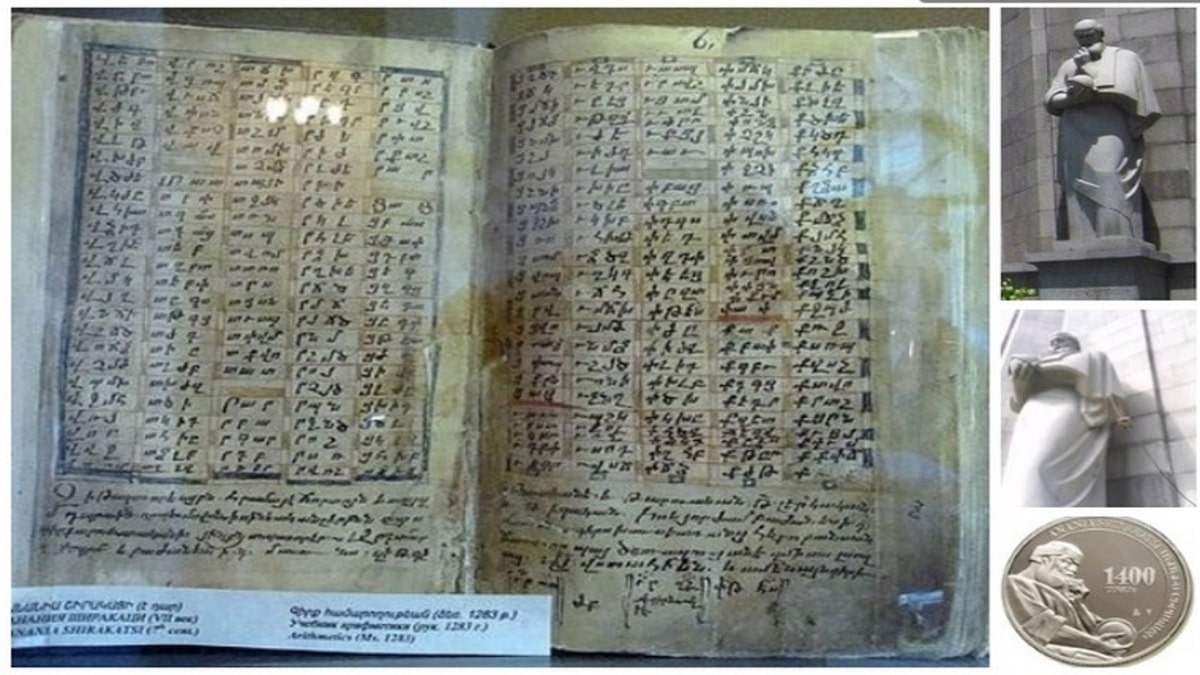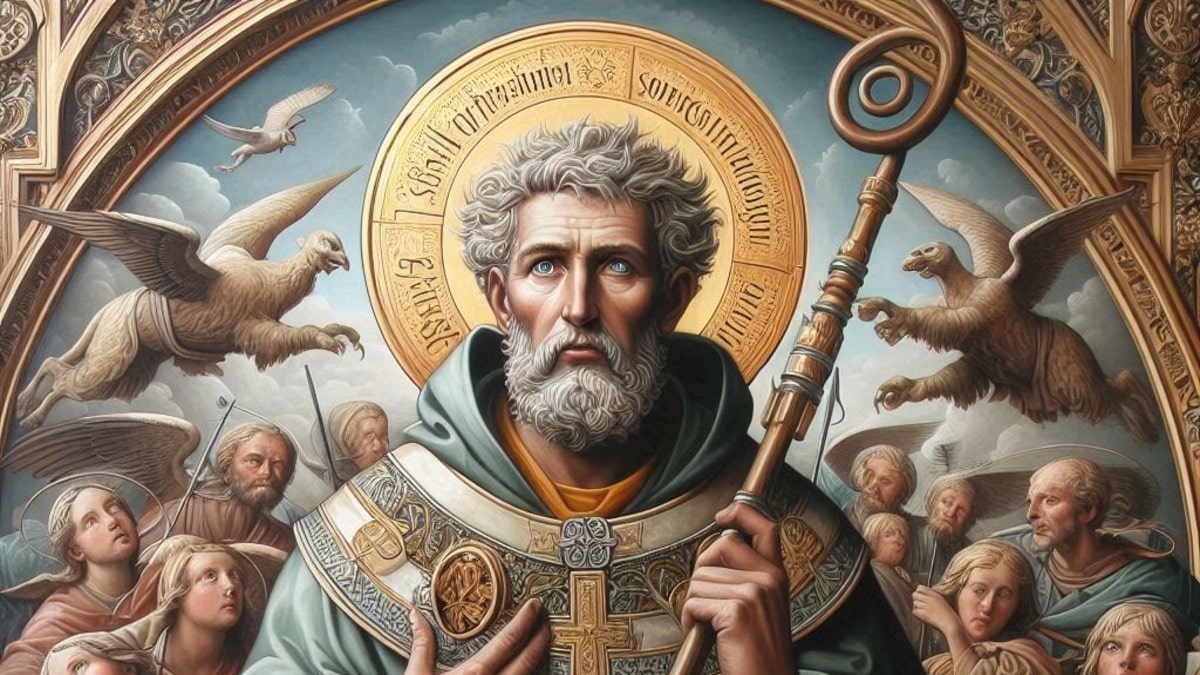
“We are the leaders of the people. If we betray our ideals, the people will lose faith in the justice of the struggle. We must be an example. We must die in the name of the immortality of our people,” Ruben Sevak said.
In general, for him – a man of the highest morality, a poet, a knight, a moral maximalist – any deal with conscience was unacceptable. That is why he preferred conscious death. “A knight sacrifices himself and his good,” Berdyaev wrote, “But he never sacrifices value and is absolutely faithful to it.”
Ruben Sevak considered Christianity the highest value not so much in the religious as in the universal sense. The mission of the artist as a carrier of great ideals was a value higher than physical existence.
On August 26, 1915, at dawn, a group of five was sent to the neighboring town of Ayash. Among them was Ruben Sevak and another renowned Armenian poet Daniel Varuzhan. The story of an eyewitness, a Turkish cabman named Hasan, revealed the circumstances of this murder.
Along the way, the cab was stopped by unknown people. They seemed to be robbers, but one policeman obsequiously greeted the stranger who was followed by four armed men. The trip, therefore, was a trick, a trap.
The hands of the five victims were tied, and they could not resist. The police searched them, robbed them, and left. The cabman watched from afar. Five executioners attacked the bound men, stripped them, and tied them to trees.
“Then, the leader of the robbers and his men drew their daggers and began to slowly and calmly cut them. The screams of the convicts and their desperate rage tore my heart” (“Hayrenik” magazine, Boston, No. 1, 1930). Among the executioners was the father of the girl whose life had been saved by Sevak.
The sad news came to Sevak’s wife Yanni who had stayed in Constantinople, trying to rescue her husband from exile. The Turks did not have the right to deport her since she had German citizenship. In her attempts to save her husband, she addressed the German ambassador to the Ottoman Empire Hans Freiherr von Wangenheim.
The ambassador responded to Yanni’s plea to save her husband as follows: “You are an unworthy German, you betrayed your nation, married this Armenian, and now dare to ask me to rescue him! He must not return. They went to die.”
Shuddered by such an answer, Yanni threw the German passport into the face of the ambassador with the words: “I have a son, I will bring him up so that he avenges his father on the Germans” (O. Chilinkiryan, “Ruben Sevak”, Paris, 1985).
Yanni Sevak refused German citizenship, stopped speaking German, and gave her children Armenian education. In the 1920-30s, she played on the stages of Parisian theaters and released several of her poetry collections in French.
Yanni died in Nice on December 28, 1967. According to her will, she was buried by Armenian rituals.
Ruben Sevak’s fears were not in vain. Yanni indeed had to “open up” to the most severe storm that befell the poet and his people, and she had to share their tragic fate. And she did it amazingly worthily.
Alexander Topchyan



